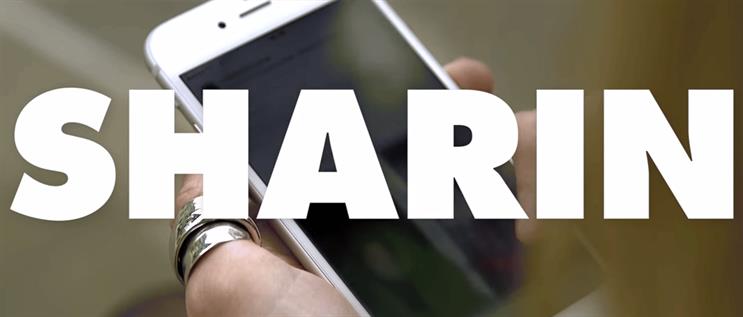The European referendum is an age-defining moment, one of the most important decisions to face Britain for decades. In spite of this, one of the main issues facing politicians and business leaders is how to encourage young people to engage with the debate, and to vote.
The war for the hearts and minds of the "yoof" has been heating up recently. Politicians, business chiefs and celebrities have all taken a stance, sharing their wisdom to varying degrees of effect. Some truly dodgy advertising campaigns and marketing activity has been showcased.
For the Stronger In contingent, they need the younger generation of under 35’s to hit the ballot box. Brexiters are playing to an older demographic, and one thing is certain: the majority of their supporters will vote. So it is we come to the government inviting a group of tech companies to Downing Street to brainstorm ideas that would encourage young people to vote.
One idea to emerge was inspired by the public poll to name a Royal Research Ship "BoatyMcBoatFace". The result: #VoteyMcVoteFace, where young people take a grinning selfie of their vote face and share it on Instagram, Twitter and Facebook.
You’ve voted for , but are you
— Electoral Commission (@ElectoralCommUK)
registered to in the May elections? Do it online-
Clever, right?
Was this catastrophically awful play on words any surprise, when you have the government being advised by the likes of the founder of a "visual search engine" for fashion, whose goal was to go viral quickly.
Congrats. It worked. The media and people on social have been quick to pour scorn on it.
It even turns out the idea was already a cartoon in Private Eye. No joke.
I can’t claim to have thought the first incarnation – BoatyMcBoatFace – to be particularly funny, but it was quite unexpected. It evoked an emotive response. But you can’t copy something that is deliberately awful and apply it to such a serious cause.
Brands, politicians and charities have been desperate to create viral hits to inspire action, and huge user engagement activations, in the wake of the Ice Bucket challenge. They mostly fail.
What is needed is an amazing hero piece. One that draws people in and captivates them, so you can then hit them with the heartbeat content to get the younger peeps to engage and get to the ballot box. Not #VoteyMcVoteFace.
Unfortunately, the #shamin doesn’t stop there. Stronger In’s hero piece, named #votin, is a facile journey through what they think makes Europe important to today’s young people. Go see it yourself.
Maybe it will get you #votin. I suspect it will leave you #cringin. If you believe youth or millennials are a distinct, simplistic audience type separate from everyone else, this is the kind of nonsense you end up creating.
Do we really think that today’s youth are THIS self-obsessed? That all they care about is the adrenaline-fuelled activities portrayed? #Trivialisin the issue like this is frankly offensive to the intelligence of the under 35’s generation. It's a total misfire and such a shame.
北京赛车pk10s that aim for an emotional response are wonderful when done well, but you need to have the facts on your side. You’d think the government bigwigs could pay someone to do some more research and insight into targeting young people.
It isn’t a cringe-worthy hashtag and taking a selfie. It isn’t relying solely on the latest social media platforms that marketers are obsessed with using to target millennials.
To produce successful viral campaigns you need to create content that captivates the imagination and engages people’s emotional core. There isn’t an exact recipe for a successful viral campaign, but the it needs storytelling and great creative, and proper investment in content and strategy.
A viral campaign will be successful if it can tap into the zeitgeist, allowing it to hold its head high above the abundance of rubbish content thrown at us every day. It’s a balancing act to use humour for big topics of debate. It’s easy to cross the line, jeopardise the integrity and compromise the detail.
Maybe the pro-EU camp have gone down the route of "any PR is good PR" and have deliberately developed campaigns so bad it has caused debate within the press and social media. Maybe we are the idiots, having fallen for it. Somehow I think not. There will be young people out there who are crying out for interesting, engaging content about the EU referendum, which doesn’t dilute the surrounding issues.
The Stronger In camp still have time to create some captivating content before the vote. But maybe they will stick with the patronising yoof-friendly play on words.
Or should that be wordz?
Joe Wade is managing director and co-founder of Don’t Panic


